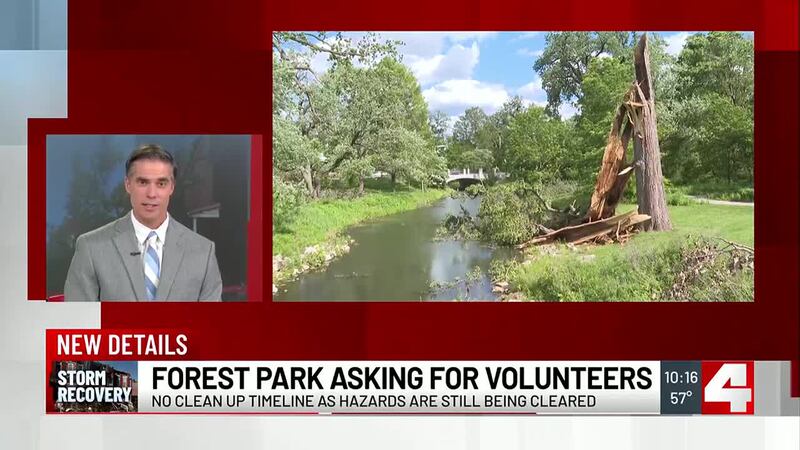Bank’s role questioned in customer’s financial loss of thousands
The elaborate scam convinced the victim to stuff thousands of dollars into book shipments and send them to criminals.
ATLANTA, Ga. (InvestigateTV) - Loris Sinanian is a deacon at St. Francis of Assisi’s in north Georgia’s town of Blairsville. At age 93, he still leads mass, but these days, he needs his faith more than ever.
A few months ago, Sinanian lost his wife, Peggy. Just before that, he lost his life savings to an internet scam.
“Somehow, they got into my computer,” Sinanian said. “When they got into my computer, they also got into my bank .”
In October 2023, Sinanian said he received a call from a man who claimed to be “an old friend.” The caller said he owed $100 and wanted to deposit the money into Sinanian’s bank .
Sinanian went to his bank’s website online, but did not realize he had given the scammer remote access to his computer. That’s when the scammer duplicated the website and made it appear as though he accidentally deposited $100,000 into Sinanian’s , instead of $100.
The scam’s endgame is to convince victims to return the overpayment.
Believing he owed the debt, Sinanian followed the scammer’s instructions and drove to United Community Bank in Blairsville, Georgia, where he wrote himself a check for $10,000. He said the bank teller did not question the withdrawal ... at least, not at first.
According to Sinanian’s daughter, the scammer instructed her father to drive another branch, and a third in Blue Ridge. Sinanian followed up with eight additional withdrawals over the next 10 days for a total of $109,000.
Bank records show a United Community Bank teller became suspicious on day 10, when Sinanian made another withdrawal for $30,000.
The teller made him sign a release and noted his explanation: “home improved” and “daughter has cancer is helping her.” Sinanian’s daughter says the scammer coached her father to lie about the withdrawals.
When the family got suspicious, the scammer had already convinced Sinanian to stuff $109,000 into boxes of books and ship them to a New York City address.
The family alerted New York City police and got FedEx to intercept the final shipment. Police recovered $37,000, but the remaining $72,000 is gone.
Months earlier, the FBI issued a warning about increases in a similar shipping scam.
No federal law exists requiring banks to stop a transaction if they suspect a scam. However, Sinanian’s family believes the bank should have done more.
Georgia’s Disabled Adult and Elder Persons Protection Act requires banks to police and the state’s Division of Aging Services if they suspect a scam, but in response to a demand letter from the family’s attorney, an attorney for United Community Bank said the Georgia law doesn’t apply in this case, because tellers did not have reasonable cause to believe Sinanian was being exploited. They said he showed no sign of incapacity.
The bank’s attorney said in each instance, it submitted the required currency transaction report to the Financial Crimes Enforcement Network. He said suspicious activity reports are confidential by law, and banks are not allowed to disclose whether those reports have been prepared or filed.
United Community Bank told our investigators that Sinanian’s “contentions are incorrect.”
Copyright 2025 Gray Media. All rights reserved.















